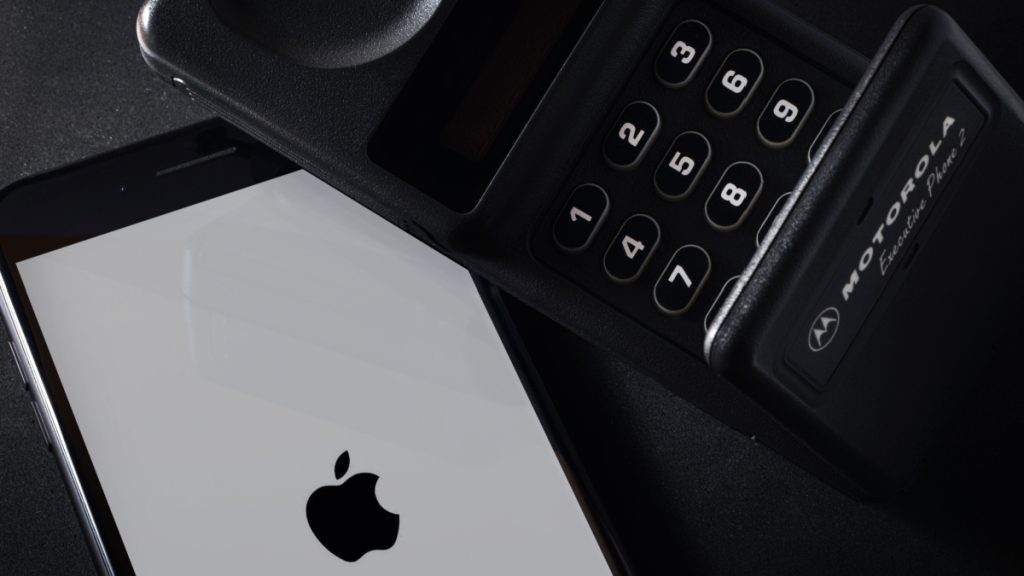
Do you wish to break free from your smartphone addiction? Revert to Dumb Phone Finder a simpler era.
Kashmir Hill, an American writer, shared her journey with The New York Times, detailing her decision to swap her smartphone for a basic one for a month, aiming to curb her over five-hour daily phone usage.
In 2023, Hill expressed remorse over her smartphone dependency, spending significant time on work, family texts, news, and connecting with friends. In December 2023, she traded her $1,300 iPhone 15 for Orbeck’s $108 folding phone, facing hurdles in the process as her telecommunications company didn’t facilitate the switch over the phone.
The transition wasn’t seamless; her basic foldable phone had limited battery life, intermittent connectivity, and was only supported by a budget carrier. Hill advised checking with telecom companies for compatibility before transitioning.
She noted various options in basic phones with added features like mapping and music players. José Briones, creator of “Dumb Phone Finder,” observed a growing market for basic phones post-pandemic fatigue from constant online presence.
Despite functionalities like mapping and music players, Briones preferred screens to be less engaging to deter addiction. He highlighted devices like the $299 LightPhone 2 and the $480 HiSense A9, featuring Kindle-like screens.
A Pew Research Survey in 2021 highlighted the extent of smartphone dependence, with 31% of adults nearly always connected to the internet via smartphones.
Though Hill acknowledged challenges like navigating without Google Maps and managing online accounts, she found solace in disconnecting. She rediscovered the joy of uninterrupted time, reading books, and engaging in conversations during long trips with her husband.
Within two weeks, Hill noticed diminished urges to check her phone incessantly and experienced improved sleep quality without late-night temptations. Dr. Matthew Bowman, a movement sciences professor, emphasized the importance of balancing health with screen time.
Hill’s 7-year-old appreciated her reduced phone usage, enjoying more quality time together. She observed a shift in her social habits, opting for genuine experiences over documenting them online.
While Hill valued her simplified life, she recognized the practicality of promptly responding to work messages. Laura Zimmerman, an assistant professor, emphasized addressing habit formation rather than mere tracking.
To manage her smartphone use, Hill designated a specific spot for her phone at home and avoided keeping it by her bedside. Camille Carlton, from the Center for Humane Technology, likened smartphones to addictive products, suggesting regulatory intervention.
In conclusion, Hill’s journey illustrates the complex relationship between technology and well-being, urging a reevaluation of smartphone habits and their impact on daily life.
Inside Telecom provides you with an extensive list of content covering all aspects of the tech industry. Keep an eye on our Tech sections to stay informed and up-to-date with our daily articles.